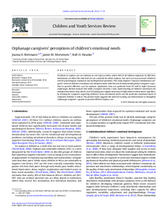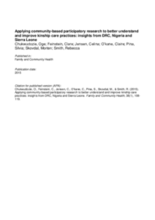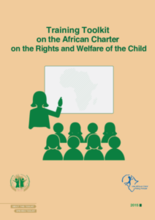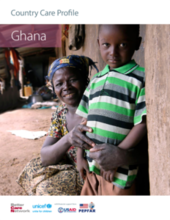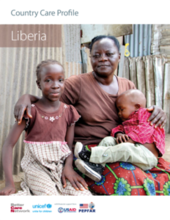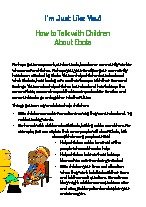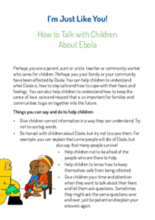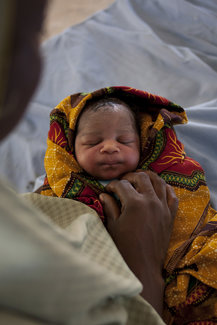

Displaying 391 - 400 of 634
Seventeen year-old Haja Umu Jalloh, a survivor of Ebola, has been caring for about 40 children at the St. George Foundation Interim Care Center in Sierra Leone.
This study explores Ghanaian institutional caregivers' views of children's emotional and relational needs with the aim of understanding these caregivers' capacities to provide effective care for orphans.
This paper reflects on the experiences of Save the Children in implementing a multi-country community-based participatory research (CBPR) program to increase understanding of kinship care in DRC, Nigeria and Sierra Leone.
This toolkit is designed to increase knowledge of the rights and duties provided in the ACRWC and ACERWC, educate government officials on the obligations of State Parties and inform civil society actors on the contents of the Charter as well as the mechanisms for engaging with the ACERWC.
This study aims to bridge gaps in areas of knowledge by quantitatively investigating the association between transnational families and children's psychological well-being. It analyzes a survey conducted in three African countries in 2010-11 (Ghana, Angola, and Nigeria) amongst pupils of secondary schools, comparing children in transnational families to those living with their parents in their country of origin.
This country care profile provides an overview of key lessons learned in the children’s care reform process in Ghana, including successes, challenges and areas for progress, and gaps in learning and best practice.
This country care profile provides an overview of key lessons learned in the children’s care reform process in Liberia, including successes, challenges and areas for progress, and gaps in learning and best practice.
This caregiver guide, which accompanies an illustrated children’s book, is written for the caregivers of children affected by the Ebola crisis.
This downloadable children’s book, accompanied by a caregiver guide, is written for the children affected by the Ebola crisis, their caregivers and communities.
The Ghana NGOs Coalition on Rights of the Child (GNCRC) has recently urged the Department of Social Welfare (DSW) and others to provide parenting and counselling support services regularly to parents and children to enhance parent-child relationships.

